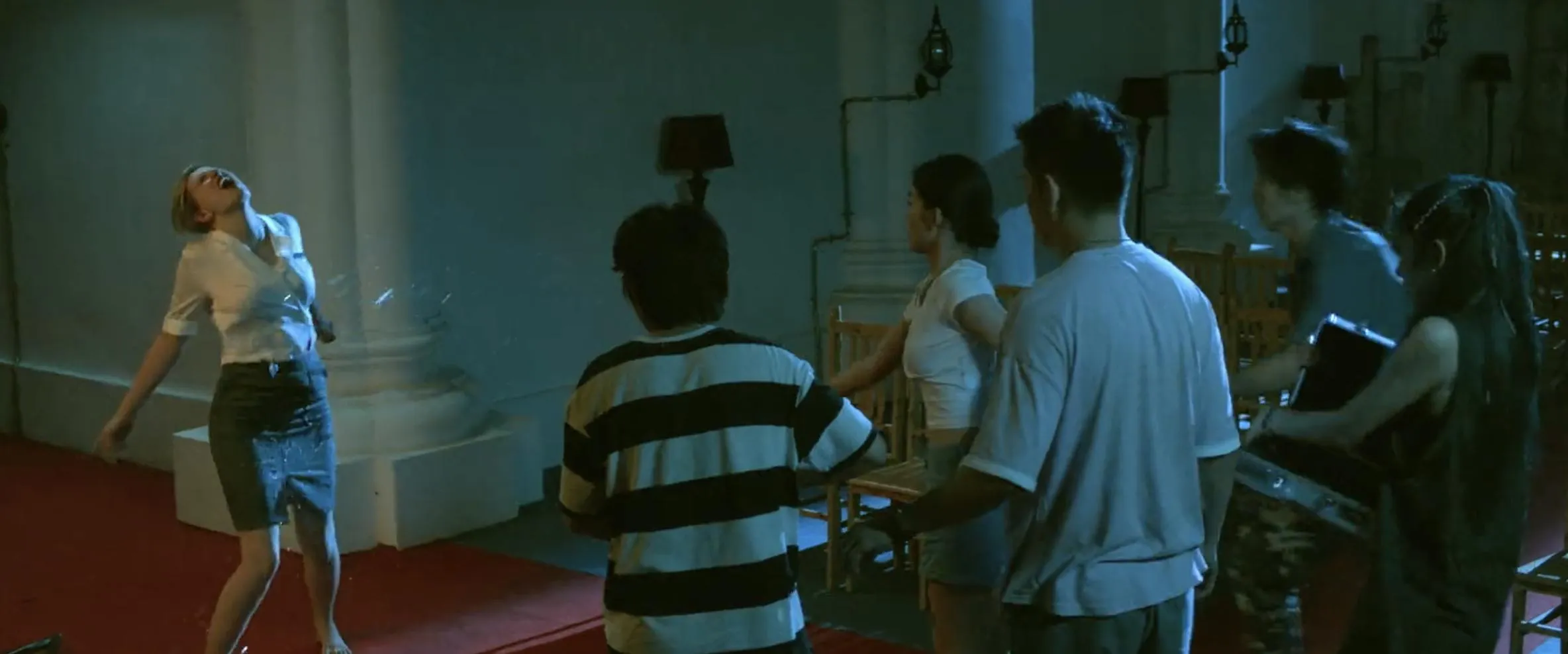Manon of the Spring (1986), directed by Claude Berri, is a French drama film that serves as the second part of a two-part adaptation of Marcel Pagnol's The Water of the Hills (the first being Jean de Florette). Set in the picturesque Provençal countryside, the film follows the life of Manon (Emmanuelle Béart), the daughter of Jean de Florette (a character introduced in the previous film), as she seeks revenge for the injustice that led to her father's death.

The film picks up after Jean's tragic demise and his failed attempts to build a spring that would provide water to his farm. Manon, now a young woman, has grown up in the shadows of her father’s legacy, harboring a deep resentment toward the men she believes are responsible for his misfortune and death. The central plot revolves around her plan to expose the truth and confront the men involved, primarily César (Yves Montand), who is the wealthy landowner responsible for sabotaging Jean's efforts to access water.

Manon’s revenge is subtle yet powerful. Instead of a direct confrontation, she uses her intelligence and knowledge of the land to sabotage the water supply to César’s farm. As the story unfolds, we see the emotional depth of Manon’s character and the complexity of the relationships she navigates, particularly with the people who are connected to her father's past.

The film delves into themes of revenge, justice, and the consequences of greed and betrayal. It also explores the deep connection the characters have to the land and the natural resources that sustain them. Manon’s journey is one of self-discovery and empowerment as she finds herself caught between vengeance and a desire for redemption.

Manon of the Spring is often praised for its evocative cinematography and its rich portrayal of rural life. The film’s beauty is reflected not only in its landscapes but also in the nuanced performances by the cast. The film is a moving conclusion to the story started in Jean de Florette, offering a powerful reflection on the impact of human actions and the pursuit of justice.



-1741665656-q80.webp)
